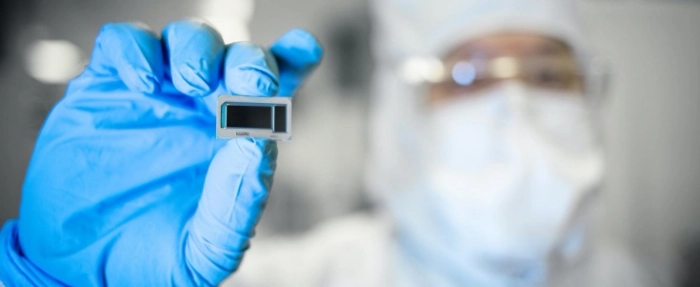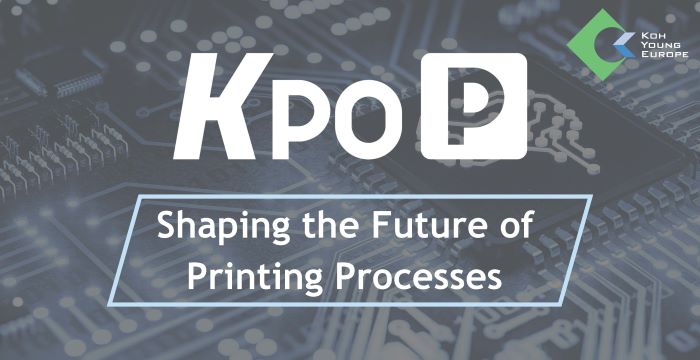
Intel teases 1.4nm advanced manufacturing node
Intel CEO Pat Gelsinger has officially confirmed the firm's 14A node for the first time. He expects 14A and its variant Intel 14A-E to arrive by 2027.
The US firm is locked into a fierce battle with rival manufacturers to pack more information onto silicon wafers. For now, TSMC and Samsung are winning. They both manufacture 3nm chips, while TSMC will begin volume production of 2 nm chips by 2025. Its 2nm chip is based on GAA nanosheet transistor architecture and is entirely different from the Finfet infrastructure used for 3nm chips.
Intel currently makes 5nm chips. But at a Foundry event earlier this week, it revealed an ambitious roadmap to catch up with its rivals. 14A will use the High NA EUV lithography system to achieve its 1.4nm breakthrough, and could achive a 15% performance uplift from the previous node.
Intel also affirmed that its ambitious five-nodes-in-four-years (5N4Y) process roadmap remains on track and will deliver the industry’s first backside power solution. It confirmed that its 1.8nm 18A manufacturing node will start producing chips in the second half of 2024. Intel Foundry has already announced a big design win for 18A, with Microsoft choosing the process to manufacture a chip design.
The new roadmap also covers evolutions for Intel 3, Intel 18A and Intel 14A process technologies. It includes Intel 3-T, which is optimised with through-silicon vias for 3D advanced packaging designs and will soon reach manufacturing readiness. Intel Foundry plans a new node every two years, giving customers a path to continuously evolve their offerings on top of Intel’s process technology.
During the event, Gelsigner played up the role of AI in driving new milestones for chip design and fabrication. He announced the launch of what was termed as the 'world's first systems foundry for the AI era' and reaffirmed Intel's resolve to become the world's second-largest foundry by 2030.
“AI is profoundly transforming the world and how we think about technology and the silicon that powers it,” said Gelsinger. “This is creating an unprecedented opportunity for the world’s most innovative chip designers and for Intel Foundry, the world’s first systems foundry for the AI era. Together, we can create new markets and revolutionize how the world uses technology to improve people’s lives.” he added.


.jpg)
